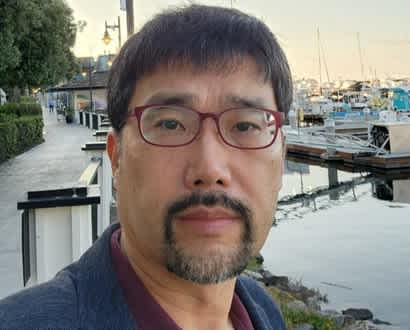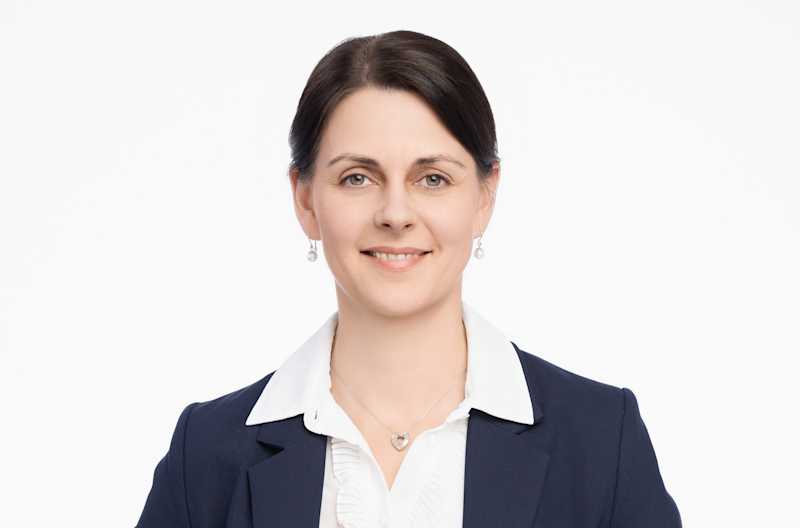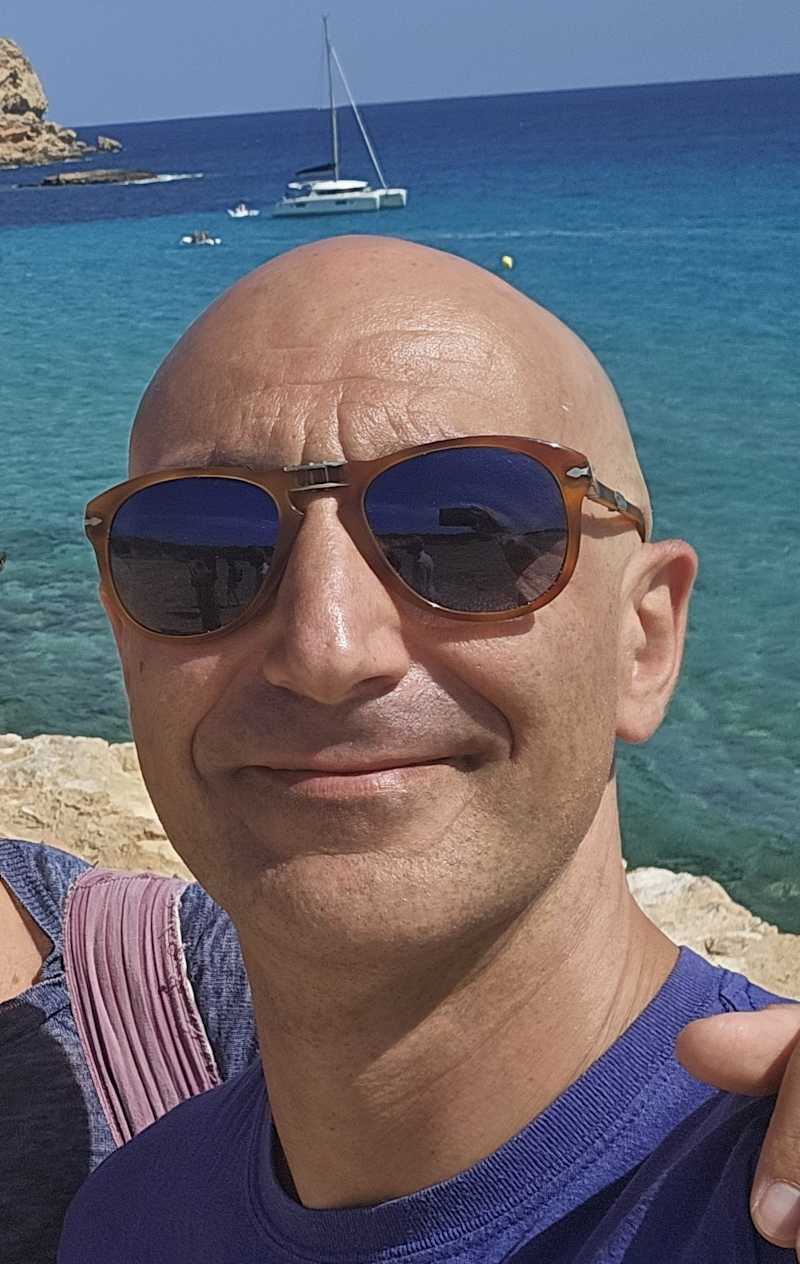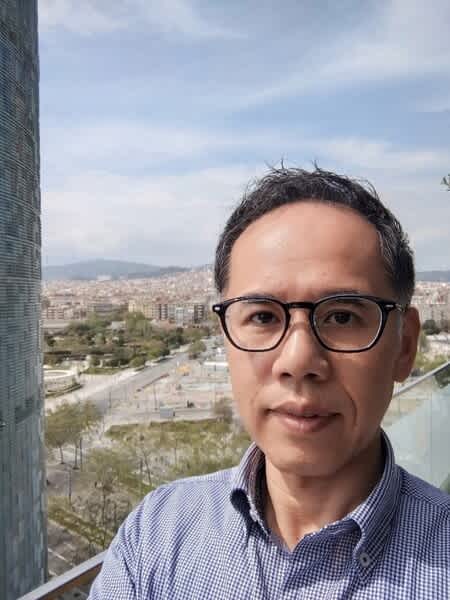Licensing lessons from South Korea’s innovation transformation
Building a patent strategy from the ground up requires bold decisions and a long-term outlook, says Injoon Song
In May, Sisvel announced the appointment of Injoon Song as Executive Adviser, South Korea. He is one of the most respected figures in the Korean licensing market, having held senior positions at LG Electronics, and most recently SK Telecom. Based in Seoul, Injoon is leading all aspects of Sisvel operations in a market where the firm has vital partnerships with both patent owners and licensees.
Three months into his tenure, Injoon spoke with Sisvel Insights about a career that has seen him negotiate major agreements from the licensee side, spearhead key strategic patent acquisitions and play a leading role in the formation of several patent pools. In this conversation, he discusses the patent challenges faced by new market entrants and shares advice for making IP deals with Korean companies.
Injoon Song - Executive Adviser South Korea
How did you find your way into the world of patents?
At university, I majored in electronics, and after graduation I got a company scholarship from LG Semicon, a subsidiary of LG Group.
At the beginning, my company placed me in the video engineering department as a software programmer. Even though I had studied electronics, I wasn't happy with my major. I went to the HR department and told them: “Engineering isn’t for me. What should I do? What about IP department?” They sent me to the IP department. I didn't know anything about patents, so I started from scratch and learned how to do prosecution. I spent three years deeply involved in all aspects of patent prosecution before both the Korean and US patent offices.
Then came a big change – in the midst of the Asian Financial Crisis, the government decided to merge two of South Korea’s three major semiconductor companies: LG and Hyundai. The combined company is known today as SK Hynix.
Shortly after the merger, I left to join LG Electronics. That was where I got my start in licensing.
What were the challenges and objectives when you joined the licensing function at LG Electronics?
I started doing licensing work in the year 2000. At that time, GSM was only used in Europe, and Samsung had already entered the market there. Motorola, Nokia and Ericsson were the big players. LG decided to jump into the market owning no standard essential patents. That meant all the major rights holders came to us to discuss royalties. If you simply added up the royalty percentage each company asked for, it was something like 30% of the total revenue. I wondered whether we could survive for even a year.
My workload was intense at the time but looking back I’m very happy with the experience. I learned so much. We didn’t have a large team, so I had hands-on involvement with all the major licensing deals we did. I was working like a devil – not many people from that time are still around in the market.
Faced with these challenges, what was the IP strategy LG adopted, and how did you get buy-in from management for what had to be done?
One of the most important things we had to do was build a portfolio of our own. Today, LG Electronics is one of the largest patent owners in the world thanks to massive R&D investments. But at the time, we had no choice but to acquire patents from outside the company. Having no patents is very different from having even a small portfolio. When you are starting from zero, these transactions can have a huge impact.
At the time, there was strong hesitation within the company about buying patents. We had to go directly to the top management and explain that we needed to do this. We estimated that we could save the company a ten-figure sum in royalty payments through a single large transaction we had lined up. That particular deal was finally approved by the top management despite strong opposition within the company.
You were tasked with finding patents that would quickly give you leverage in a negotiation and help save money. How did you learn to identify these assets?
There's no single answer to that question. I think I have a little talent for it. It wasn’t my technology background or my degree in electronics. I learned on the job and gained some insight from making a lot of deals over time. It was a kind of forced learning – sink or swim.
In terms of identifying a strong patent, it’s easy to look back with hindsight and say this or that patent acquisition was a great success story. But there are many failures along the way too. Without a brave attempt, you get nothing. There are so many opportunities in the market, whether it's buying, selling, or licensing. Many times you have to make a tough call and persuade your management or your colleagues. Ultimately, someone has to make a decision.
The other important thing to remember is that the value of a patent is time-dependent. A patent that was worthless yesterday can be very valuable today.
You had left LG Electronics for SK Telecom in 2005. What was the licensing situation there when you arrived?
I was exhausted after five hard years in the LG Electronics licensing team. The company decided to send me to Paris for four years, but I wasn't happy with that, so I took an opportunity to join SK Telecom. On my first day, my new boss called in and explained that I would be leading a three-person licensing team. Besides me, there was one person with an engineering background and one with a background in US law. The boss said: "Now you have technology and legal. Go out and make money." We had no patents outside of Korea, really zero. I reported to management that it would take at least seven or eight years to generate a quality portfolio internally. We couldn't wait. We needed a parallel plan to cooperate to buy patents or develop them together with universities or start-ups. The Wi-Fi project we did with Wilus is one of the many examples of this. I spent 19 years at SK Telecom and today the company participates in almost all the telecom-related patent pools and earns significant licensing revenue. Now, there is no doubt that SK Telecom is one of the world's most renowned telecom operators in the field of IP monetisation. I am so proud to have contributed to such an achievement.
Can you tell us how that collaboration with Wilus came together?
Yes, that was a very fortunate experience. Around 2014, I met Jin Sam Kwak (Sam), who had just left LG Electronics. He was ambitious but had no funding and only three or four engineers. We had a brainstorming session and started working on a Wi-Fi project. At the time, there was a perception in the market that Wi-Fi was royalty-free because there was a tendency by large licensors to offer their Wi-Fi portfolios as a no-cost add-in when doing big cellular licensing deals.
Nevertheless, we decided to collaborate on building a portfolio in the space. Sam is a great guy, and I thought we could make something different together. Despite the uncertainties around Wi-Fi monetisation, I told our management that the cellular SEP market was saturated and returns on investment there would be small. For a company like SK Telecom with limited resources, Wi-Fi offered much better upside. I also felt that Wi-Fi would play a more important role in the 5G era. Now we see these trends playing out and there is a bright future for Wi-Fi licensing.
Why were pools so central to the IP strategy pursued by SK Telecom under your leadership?
If I were working at a large manufacturing company like LG or Samsung, the strategy might have been different. When you are a telecom operator, you’re in a more neutral position in the market, so you have to find balanced solutions. It’s not solely about generating revenue – you also have to preserve strong business relationships and maintain a good reputation. Considering all these factors, patent pool participation is a good way to persuade people internally and project a positive image to the market. In addition, a successful patent pool is more than a one-time deal, it can generate consistent recurring income.
What advice would you give a small or up-and-coming player on how to get the most out of participation in a patent pool? How do they ensure their interests are being looked after?
As a patent owner, I always tried to be deeply involved in the pool facilitation process and all the important decisions that happen before and after the pool launch. I place great value on having good relationships with the other pool members and with the administrators. An important part of that is trying not to be a roadblock. My nickname used to be "Why not?". It can take two or three years to set up a pool, there is often resistance to new ideas and lots of delay as companies consider the issues. I think my “why not?" approach was appreciated by Mattia and the Sisvel team as well as many other patent owners.
A lot of people in IP are reluctant to stand out or make waves – it sounds like you have approached your career in a different way.
That's right. I think many Asian companies are still very hierarchical in their structure and work processes. I dislike that. In my view, you should be able to debate something at work while maintaining a good personal relationship. Of course, I have always been polite and respectful to colleagues and to upper management, but I'm willing to speak out when there’s an issue I really believe is important. You need to be able to manage those situations diplomatically if you want to get things done. The same is true when dealing with other companies. Remember that the deal will expire someday, but the personal relationship will remain.
What made you want to join Sisvel and how are you finding it so far?
It was not an easy decision. Within the Korean market, I'm quite late in my career to be starting a new role, especially to join an international company. But now that I've been here for three months, I'm already 90% comfortable. I like Sisvel’s style – the culture was the main thing that drew me in. Sisvel already has very strong relationships with the major Korean companies. And I have seen that I can add value to many of the projects Sisvel is working on.
What’s the most important thing for IP dealmakers to understand about the Korean market?
The Korean market is unique because almost every major executive within a Korean company's IP department stays with the same company for a very long time. That means they are incredibly careful when making decisions because they'll have to deal with the consequences personally down the road. That can lead to hesitation and delay. You need to understand that dynamic to help your deal partner work through the decision process.
It's also very important for foreign companies to understand that the major markets in East Asia are all unique. Whether you’re looking to make IP deals in Korea, Japan and China, you need a very specific, tailored strategy for each one.
Quickfire questions…
What’s a typical weekend activity for you?
On weekends, I like to spend most of my time with my family, especially with my 10-year-old “daughter” (a poodle). I prefer that to other pursuits, such as golfing, which is very popular in Korea.
What should someone with a free day in Seoul make sure they see and do?
For foreign visitors, I would recommend walking, running or cycling along the Han River at night. Or simply sitting down and enjoying a beer with Korean-style chicken can also be fun. I’ve never seen a riverside as safe and clean as the Han River anywhere else in the world.
Where is your favourite holiday destination?
As I already mentioned, I usually like to stay at home and just relax on my days off, but with my wife’s approval, I occasionally enjoy going on solo trips. Within Korea, I prefer cities like Busan by the sea, and abroad, Southeast Asian countries such as Vietnam and Laos.
What’s the most memorable live performance you’ve witnessed?
I have recently witnessed the turbulent political changes in South Korea. Although I am left-of-centre myself, it was not a matter of political affiliation, but a matter of the future of our kids.
What’s your favourite TV series?
I am not a big fan of TV series. These days I frequently watch old movies, both Korean and foreign. A really well-made Korean film I would recommend is Failan from 2001.
What’s the best piece of professional advice you’ve received?
Looking back on the path I’ve taken in my work so far, I believe I have grown through the many challenges I’ve faced professionally. In this regard, I can say “If you can’t avoid it, just enjoy it.”



